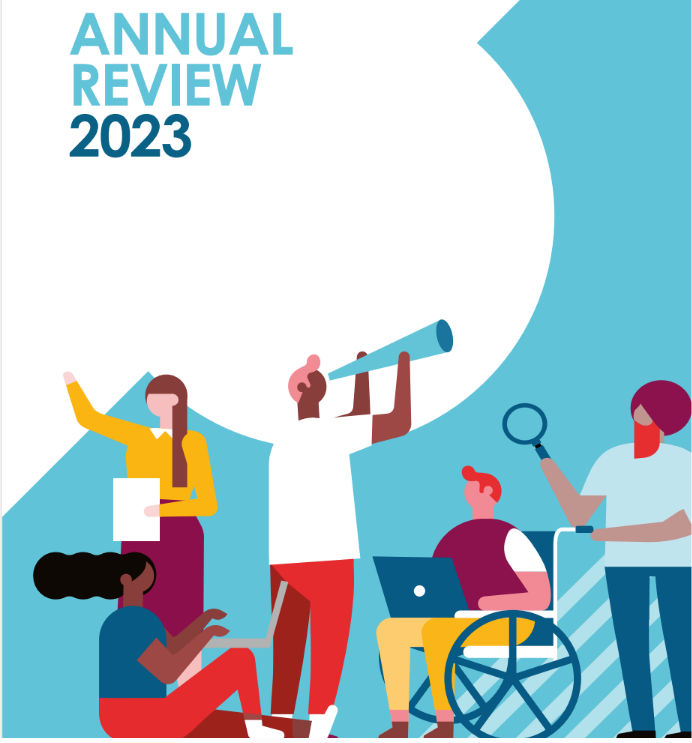As you might expect, the Sutton Trust’s series of briefings on the impact of COVID-19 on social mobility have provided rigorous analysis and a helpful statistical snapshot of the effect of the pandemic on the futures of children and young people. Having covered school closures, access to university, apprenticeships and early years, this fifth report examines the how graduate recruitment and access to the workplace is likely to be affected.
Against an already bleak employment landscape for young people, an additional 650,000 18-24 years olds could find themselves unemployed this year. Not only do more people need jobs, but employers are either shedding staff or not recruiting. For those leaving university and looking to enter the job market this summer, there are fewer opportunities.
The Sutton Trust’s survey found that 61% of employers are cancelling some or all of their internships or work experience placements. Although just under a third of employers said promoting social mobility and fair access would remain a priority for them, this tended to be larger employers rather than SMEs and significantly less so for businesses outside of London.
Students are already feeling the impact with 46% reporting that the pandemic has made it more difficult for them to gain graduate employment. With almost half of those with degrees already under-employed in non-graduate level jobs, it makes the job market especially tough for those with low-level education or no skills or training.
This report cites Linklaters in the City of London and PwC as companies who have attempted to open up opportunities to a wider pool of talent. Penguin Random House removed the degree requirement for vacancies some time ago and introduced blind cvs in an attempt to increase diversity in the publishing industry.
While these are welcome initiatives to level up the playing field, they also make good business sense. This year’s Women Count 2020 report by The Pipeline found that FTSE 350 companies with more than three women on their executive committee, have a net profit margin 10 times greater of those companies which have none.
If businesses are going to recover and thrive in the aftermath of COVID-19, they will need to be creative, flexible and resilient and need the best talent with the critical skills the 21st century workplace demands. The challenge of bridging the already significant skills gaps, especially in industries like digital and construction, will be heightened and employers can no longer rely on recruiting from Europe. Forward-thinking companies will invest in apprenticeships and trainee programmes; internships can be a great way to be able to hand-pick the brightest and the best and get them to come and work for you.
We hope that employers will embrace the recommendations the Sutton Trust lays out in this this bulletin; contextualising recruitment practices and moving work experience and internships online can give a fairer opportunity to all and delivers benefits for employers too. Clearly online access covers a much wider geographical spread reaching talent across the country and not just those candidates who already live in the capital or can afford to move there.
If, as a society, we want to avoid, not just the personal cost, but the socio-economic damage associated with high unemployment amongst young people, employers need to be at the heart of the policy conversation. By building diversity into their recruitment strategies, employers can drive the social mobility agenda and see their businesses benefit.


